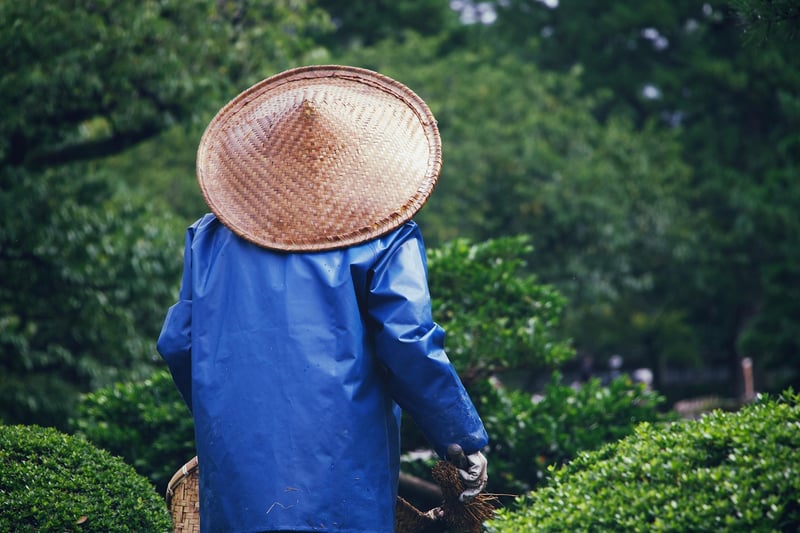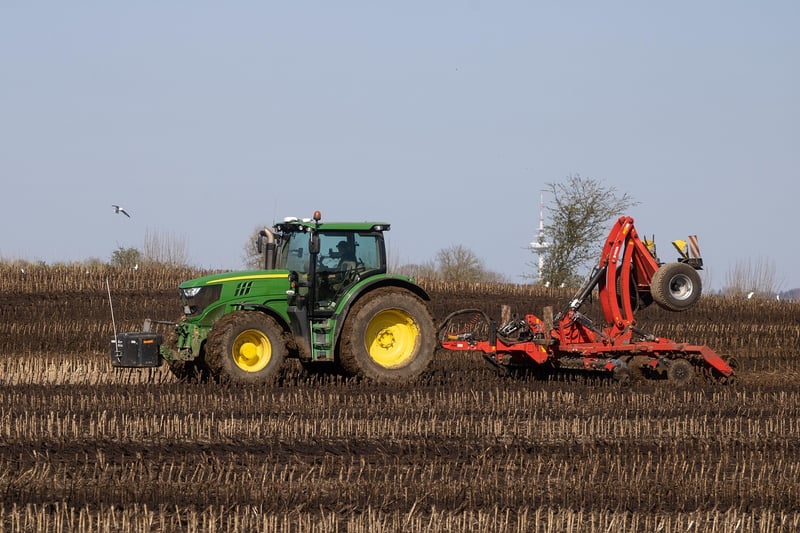Fertilizing
Keeping Your Garden Healthy: The Importance of Fertilizing
Having a lush and thriving garden requires more than just watering and weeding. Fertilizing is a crucial aspect of maintaining healthy plants and ensuring abundant growth. In this article, we will explore the importance of fertilizing and provide you with essential tips to keep your garden in top shape.
Why Fertilize Your Garden?
Plants need nutrients to grow, and soil alone may not always provide an adequate amount of essential elements. Fertilizers supplement the soil with crucial nutrients such as nitrogen, phosphorus, and potassium, promoting strong root development, vibrant blooms, and increased fruit and vegetable yields.
Types of Fertilizers
There are various types of fertilizers available, including organic and synthetic options. Organic fertilizers are derived from natural sources like compost, manure, and bone meal, while synthetic fertilizers are chemically manufactured to provide specific nutrient ratios.
Organic Fertilizers
- Compost
- Blood meal
- Bone meal
- Fish emulsion
Synthetic Fertilizers
- Nitrogen-based
- Phosphorus-based
- Potassium-based
When to Fertilize
Timing is crucial when it comes to fertilizing your garden. In general, it's best to fertilize in the early spring before new growth appears and again in the late spring or early summer to support plants during their peak growing season. Avoid fertilizing in the fall as it may encourage new growth that can be damaged by winter frost.
Tips for Fertilizing
- Read the instructions on the fertilizer package and follow the recommended application rates.
- Water your plants before and after fertilizing to help the nutrients penetrate the soil.
- Avoid over-fertilizing, as this can lead to nutrient imbalances and harm your plants.
- Consider conducting a soil test to determine which nutrients your garden may be lacking.
Conclusion
By understanding the importance of fertilizing and following best practices, you can ensure that your garden remains healthy, vibrant, and productive throughout the growing season. Remember to choose the right type of fertilizer, apply it at the appropriate times, and monitor your plants for signs of nutrient deficiencies. A well-fertilized garden is a happy garden!

For more gardening tips and tricks, check out our gardening website.
